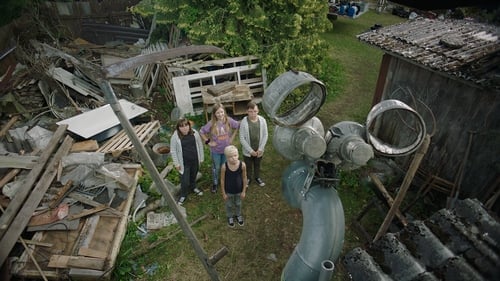Alo Kurvits
出生 : 1980-07-16,
略歴
Alo Kurvits (born July 16, 1980 in Alatskivi) is an Estonian actor.
Alo Kurvits graduated from Juhan Liiv Alatskivi Middle School in 1999 and Viljandi Academy of Culture in 2005, majoring in acting.
Since 2005, he has been a freelance actor.







